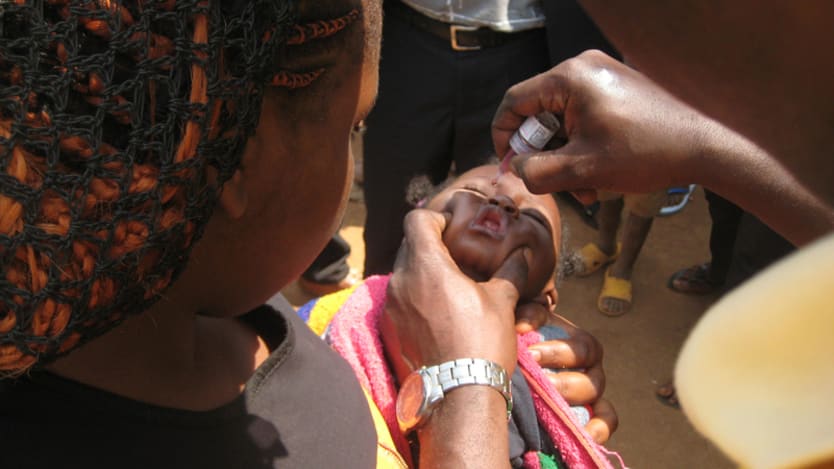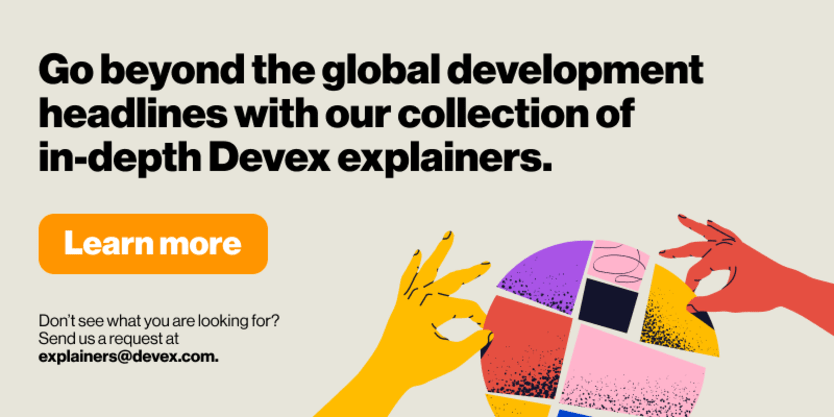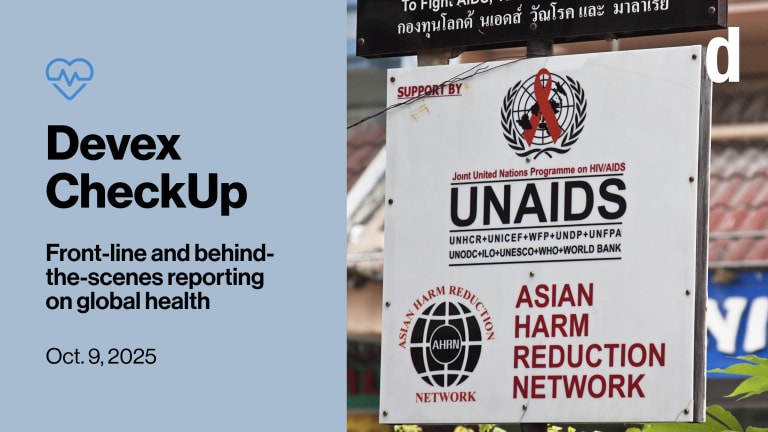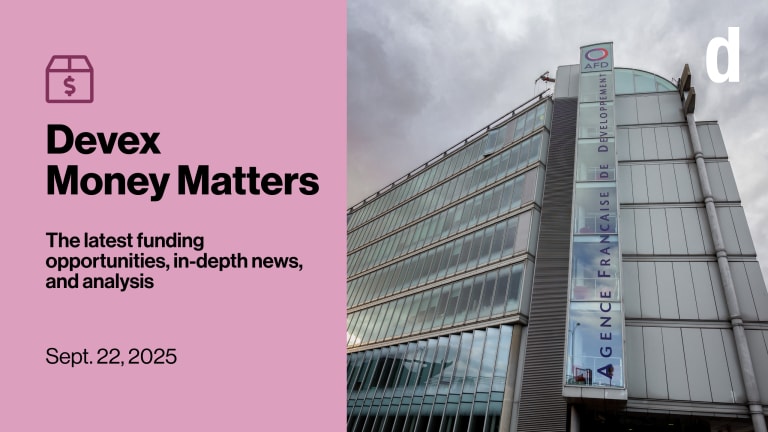
MANILA — Huge investments are funding HIV/AIDS programs globally, but a new report published ahead of World AIDS Day says more wide-ranging investments are needed to address the public health threat. These include more investments ensuring access to life-saving HIV treatment and preventative tools, while ensuring proper education, clean environments, and freedom from harm and discrimination.
Mobilizing the resources needed to address these, however, will require exploring multiple financing mechanisms, especially in light of the Trump administration’s proposed cuts to U.S.-funded HIV/AIDS programs, including the President’s Emergency Plan for AIDS Relief and the Global Fund to Fight AIDS, Tuberculosis and Malaria. Resources available for HIV and AIDS in low- and middle-income countries have also plateaued at around $19 billion since 2013, according to UNAIDS data.
Investments in health globally amount to trillions of dollars. In 2014, total global health expenditure was at $7.6 trillion, according to statistics provided in UNAIDS’ Right to Health report. Official development assistance usually accounts for less than 1 percent of that amount. This means a large percentage of health spending is still shouldered by citizens.
“In most countries, nearly 30 percent of spending on health is out of pocket; in low-income countries, it is higher,” the report says.
To reduce this burden, the U.N. aid agency echoes calls by global health advocates for countries to increase their health expenditure to at least 1 or 2 percentage points of their gross domestic product, as well as for international aid donors to step up their investments in health, including better aid effectiveness to get “more bang for the buck invested.” Becoming more efficient can also result in savings, which countries then can reinvest to other health priorities. For example, pooled procurement can lower costs.
Earmarking revenues from taxes, such as on sugary food and beverages, alcohol, and tobacco, could also generate additional health resources. Countries can also tap into private sector financing, private equity funds, and national health bonds.
The U.N. aid agency also suggests the option of borrowing for health.
“Borrowing can accommodate spikes in health-related costs more gradually in order to avoid sudden disruptions to expenditure in other areas. It also can fund interventions that release fiscal space or it can spread the burden across generations when future generations will reap the benefits of an improved disease environment,” the report says, adding that any borrowing should be concessional and in line with a country’s national development strategies.
Countries with already high debts, however, may struggle with this option. In that case, the U.N. aid agency suggests exploring other hybrid financing instruments, and one example given is buying down countries’ loans or debts, often referred to as “loan buy-downs.”
What are loan-buy downs and how do they work?
Loan-buy downs is not a new concept, but most of its known usage is limited, and often in health. It usually involves three parties — the lender, the borrower, and the donor that would be willing to pay all or part of the loans provided. The donor sometimes pays only for the principal amount, or the interest the loan incurs.
The World Bank — together with other known global health donors such as the Bill & Melinda Gates Foundation and Rotary International — piloted this over a decade ago in Nigeria and Pakistan as a means to boost both countries’ efforts to eradicate polio. The donors set up trust funds that essentially paid for loans provided by the World Bank through its soft-loan window — the IDA — to both countries.
But these came with conditions. In the case of Nigeria, there were pre-agreed targets, meaning the money put down by the donors in the trust funds would be used to pay IDA loans if the country were able to achieve pre-agreed polio immunization coverage targets, thereby freeing the government of potential debt.
Not all loan buy-downs come with specific performance objectives; sometimes it’s used to encourage borrowing for social sectors, such as health, which can be particularly relevant to middle-income countries that often borrow, but only for big infrastructure projects because of their perceived direct links to economic benefits.
It’s unclear how many organizations have tried or adopted this type of innovative financing for health to date, but organizations such as the Global Fund are exploring the financing mechanism, although this is being met with expressions of caution, partly due to what civil society actors say are a lack of studies on its impacts.
Read more DevExplains stories.









